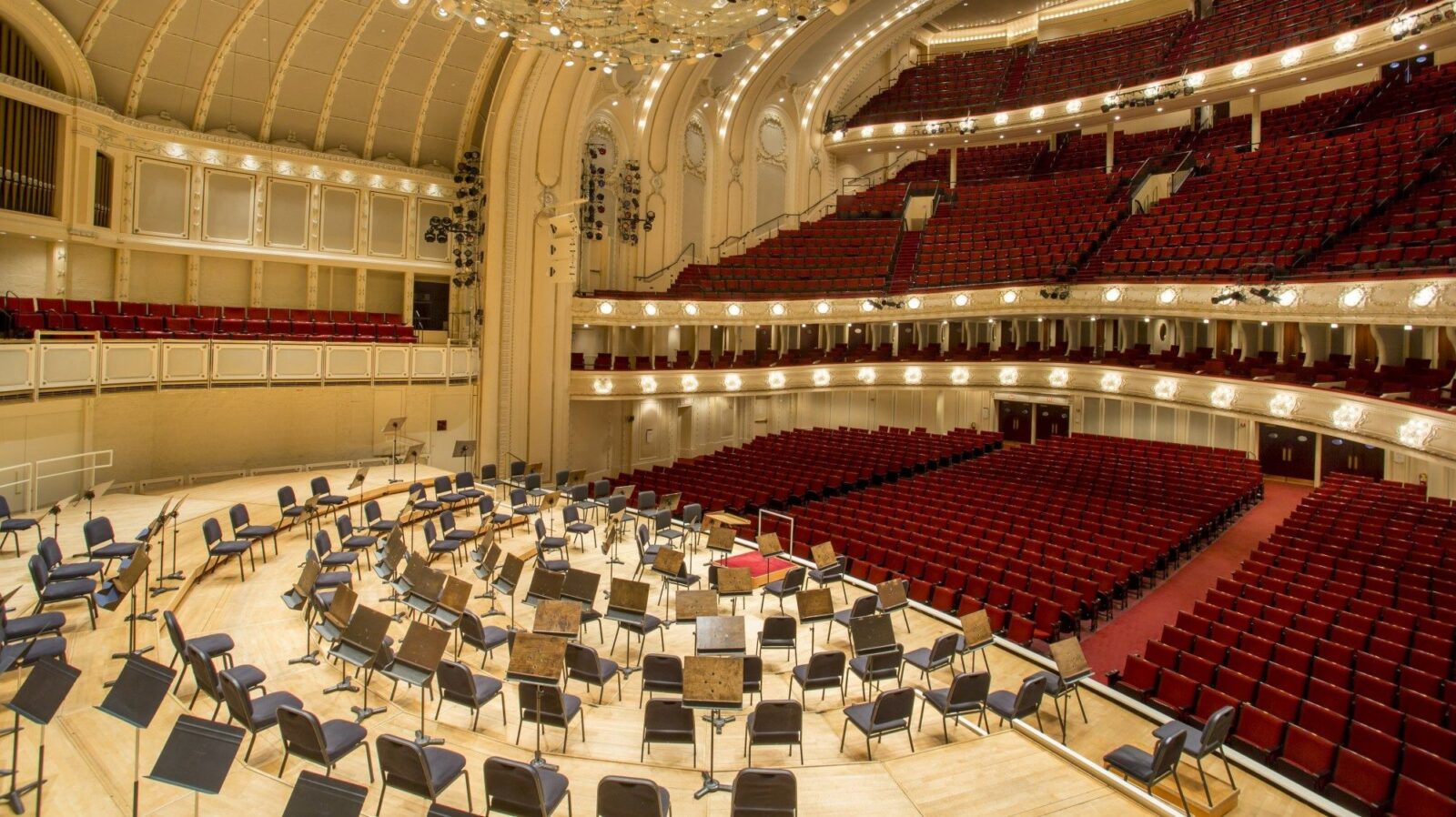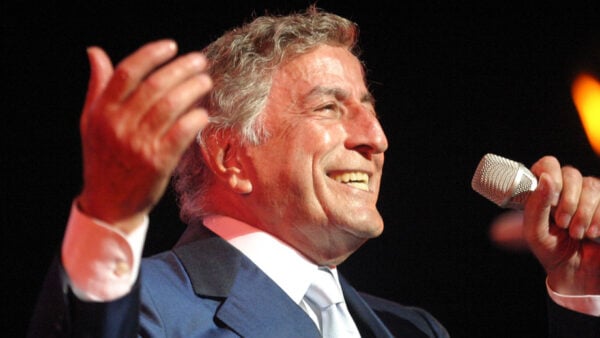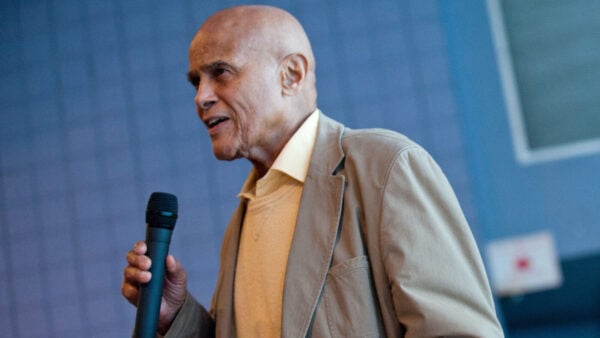
Orchestra Hall at Symphony Center (Photo: Todd Rosenberg)
Contract negotiations between Chicago Symphony Orchestra (CSO) musicians and management have continued throughout the weekend to avoid a musicians’ strike, which would be the orchestra’s second in less than a decade.
Last month, musicians voted to authorize a strike if a suitable three-year contract could not be reached by midnight this Sunday, March 10. According to a Chicago Federation of Musicians spokesperson, two last-ditch negotiating meetings will be held before and after the matinee subscription performance that afternoon. If they are unsuccessful, CSO musicians will begin picketing outside Orchestra Hall starting Monday morning.
In a statement released by the Chicago Federation of Musicians, Local 10-208, musicians cited an increase in working hours without an accompanying increase in benefits and compensation as the reason for the strike, frustrated that some orchestras’ base salaries — especially the San Francisco Symphony, LA Philharmonic, and Boston Symphony — had recently surpassed the CSO’s.
Since then, CSO musicians have performed concerts as scheduled, including a nine-day Florida tour. But the looming strike has revealed rifts in orchestra leadership.
On March 6, CSO Zell Music Director Riccardo Muti delivered a letter to CSO Association President Jeff Alexander and Board of Trustees Chair Helen Zell unequivocally supporting the musicians and expressing hope that a new contract would be negotiated before his next subscription concerts later this month.
“As Music Director and a musician of this orchestra … I understand their needs and how they should be treated, and the fact that they are among the best musicians in the world,” Muti wrote. “A crisis would damage the image of the institution.”
>> READ MORE: “I am here with my musicians” — Maestro Muti joins striking CSO musicians >>
Days later, in a letter to musicians dated March 8, CSO Association President Jeff Alexander responded with the newest version of the contract. It proposed salary increases (at a rate of 1% the first year, then 2% for two years) and improved working conditions, such as a quota on Saturday daytime rehearsals and increased parental leave.
Alexander also addressed grievances regarding pay disparity with other leading orchestras, arguing that the orchestra is paid a better wage than most major orchestras in the country when adjusted for living expenses.
“We continue to be at the highest level, and would remain at the lead with our current contract offer as outlined,” Alexander claimed. Read his full statement here.
On March 9, CFM spokespeople sent an email to CSO musicians and members of the press expressing their dissatisfaction with Alexander’s proposals and vowing to continue advocating for the musicians. The email is provided below.
Dear Members,
We are sure you have seen Jeff Alexander’s email last night detailing the Association’s version of their contract proposals. While there are some encouraging aspects to the Association’s proposal they do not come close to addressing our fundamental concerns. What remains clear is that the Association is not offering wages that will keep us competitive with other major orchestras. The percentage increase they propose is less than virtually all other major orchestras, dropping us further behind relative to those groups, and does not keep pace with inflation. They also propose to eliminate our guaranteed retirement benefit. The core difference between our plan and their proposal is that our plan has a guaranteed benefit funded by the Association. Their proposal strips the membership of that guaranteed benefit, and shifts the investment risk to the individual member. Jeff’s email paints an unrealistic, snake oil, “rosy scenario” sales job of their proposals. Jeff also fails to mention the other concessions the Association continues to demand, such as reducing sabbatical weeks, reducing substitute pay, and eliminating the $3000 annual individual pension supplement.
We are grateful to all of you that have reached out in support of the committee. This proves that the attempt to divide the orchestra is failing. The Association’s attempt to subvert the negotiation process is unprecedented in the 50 year history of our collective bargaining.
We appreciate the wonderful support you have given us over this entire process. We are here to serve you and understand our obligation to ensure the future of the orchestra.
In solidarity,
Your negotiating committee
The CSO has played the entirety of its 2018-19 season so far without a contract, instead operating under a six-month extension since the beginning of the season. The CFM’s February press release claims that contract negotiations even preceded that extension and have been ongoing for nearly a year.
CSO musicians previously went on strike in 2012 as part of a rash of orchestra strikes nationwide. That strike lasted just two days.
>> READ MORE: Chicago Symphony Orchestra Musicians take to the picket line >>
Editor’s note: The Chicago Symphony Orchestra Association is an advertiser on WFMT.







